Pain management is one of the most frequently treated complaints in most acupuncture practices. Pain is also the reason most people first decide to try acupuncture, often as a last result. In reality, using acupuncture, herbs and Tuina massage for pain management is one of the best things you can do. For instance, a sprained ankle can benefit greatly from an immediate acupuncture treatment, as well as torn ligaments, muscle strain, and shoulder pain. Back pain is the number on reason for seeing an acupuncture practitioner (check out this study funded by the NCCAOM). I treat a lot of back pain, and have found that the combination of acupuncture, followed by Tuina massage, and cupping or gua sha to be the most effective. Many patients with chronic back pain find relief by using acupuncture along with Chinese Medicine plasters.
My favorites are:
Wu Yang Brand patches, are great for sports injuries, and come in a long plaster meant to be cut and used as needed. These work the best for sprained ankles and knee pain, in my experience.
Yunnan Bai Yao plasters (usually used to stop bleeding, and especially good for bruising and trauma): These are palm-sized patches that can also be used on any joint or bruised spot. I have used these with arthritis patients, a snowboarding patient who hit a tree with his leg and ribs (it immediately helped with the bruising), and knee and foot pain patients.
Salonpas capsicum patches: A larger plaster, meant to cover the low back or a section of the mid back. They can also be cut up and used specifically in sore spots, but I have found that they are most useful when used to help with cold-type back pain (usually a chronic condition.). These heat up very quickly, and remain warm for a while. A great idea for post-surgical and even post-partum back pain.
It's important to test these plasters in case of an allergic reaction, and I don't recommend leaving these on more than 8 hours. As always, it's best to check with your acupuncture practitioner before trying these out.




![Photo by Vivian Chen [陳培雯]](http://farm4.static.flickr.com/3558/3292578388_1866a2a9a6_m.jpg)
 I've received a lot of calls lately about acupuncture and breast feeding. Many mothers are concerned with lack of milk production, and others have experienced the dreaded mastitis on more than one occasion. Both of these issues are something that acupuncture and herbal medicine can definitely help with (be sure to find an acupuncture practitioner who specializes in women's health, especially fertility and pregnancy!)
I've received a lot of calls lately about acupuncture and breast feeding. Many mothers are concerned with lack of milk production, and others have experienced the dreaded mastitis on more than one occasion. Both of these issues are something that acupuncture and herbal medicine can definitely help with (be sure to find an acupuncture practitioner who specializes in women's health, especially fertility and pregnancy!)
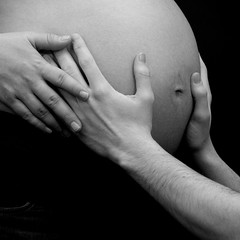

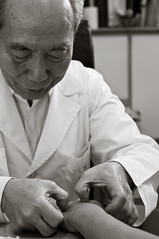 Happy Oriental Medicine Day on Saturday!
Happy Oriental Medicine Day on Saturday!
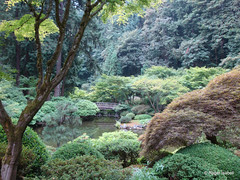
 Menopause is a time of transition and change in a woman's body. For some, it is a peaceful passage, with few symptoms or
worries. For others, it may be an entirely different journey. Many women experience symptoms that are dif?cult to deal with during menopause, which may last a few months to several years. Symptoms vary from mild to severe, and are brought on as the body adapts to a decrease in the amount of estrogen.
Menopause is a time of transition and change in a woman's body. For some, it is a peaceful passage, with few symptoms or
worries. For others, it may be an entirely different journey. Many women experience symptoms that are dif?cult to deal with during menopause, which may last a few months to several years. Symptoms vary from mild to severe, and are brought on as the body adapts to a decrease in the amount of estrogen.

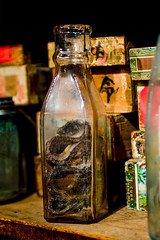

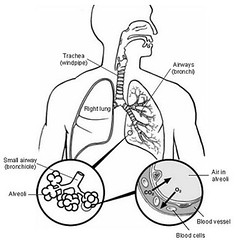
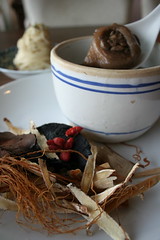




 According to
According to  Kinsey & Zander
Kinsey & Zander Photo by Paul: Anya says hello to Seth
Photo by Paul: Anya says hello to Seth